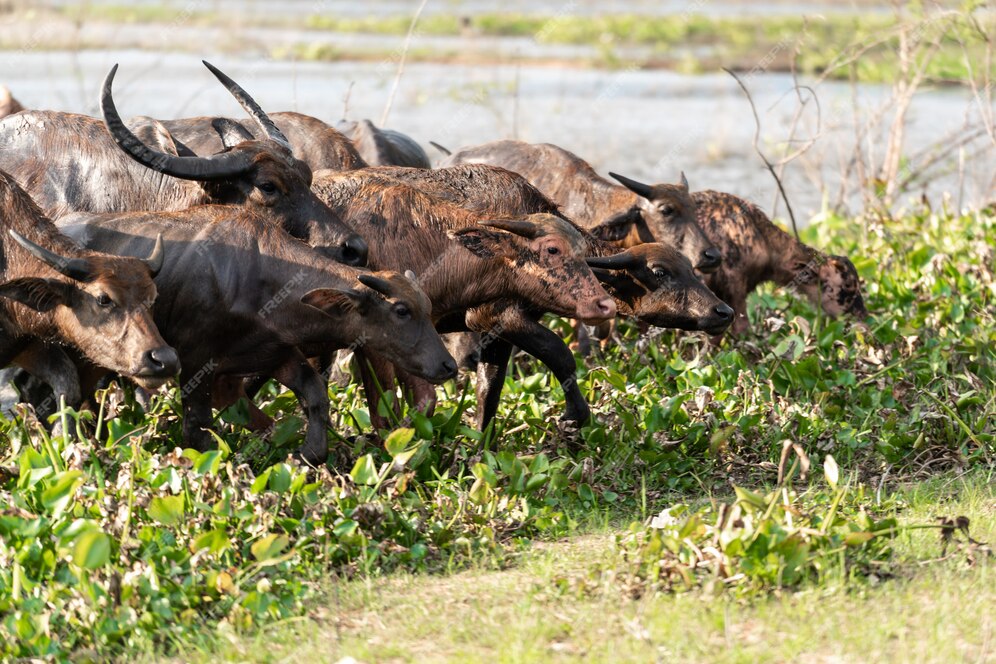Namibia, known for its vast landscapes and abundant wildlife, is also renowned for its high-quality beef production. The beef industry plays a significant role in Namibia’s economic sector, contributing to employment, export earnings, rural development, and food security. In this blog, we will explore how beef contributes to Namibia’s economy and why it holds a prominent position in the country’s agricultural landscape.
Employment Generation:
The beef industry in Namibia provides significant employment opportunities, particularly in rural areas where agricultural activities are prevalent. From cattle farming and herding to meat processing and packaging, the industry creates jobs throughout the value chain. Employment generation helps alleviate poverty, improve livelihoods, and enhance socio-economic development in rural communities.
Export Earnings:
Namibia’s beef industry is a crucial source of export earnings for the country. Namibian beef is recognized for its high quality, safety standards, and adherence to international regulations. It is exported to various global markets, including the European Union, South Africa, and other African countries. The revenue generated from beef exports contributes to foreign exchange earnings, strengthens the country’s balance of trade, and supports overall economic growth.
Livestock and Agricultural Sector Development:
Beef production serves as a catalyst for the development of Namibia’s livestock and agricultural sectors. Cattle farming plays a crucial role in diversifying income sources for farmers, promoting sustainable land utilization, and enhancing rural productivity. The beef industry encourages investment in infrastructure, technology, and research and development, leading to improved farming practices, increased efficiency, and enhanced productivity within the agricultural sector.
Value Addition and Processing:
Namibia has made significant strides in value addition and meat processing, which have contributed to the growth of the beef industry. By investing in modern abattoirs, processing facilities, and cold chain logistics, Namibia has been able to meet stringent quality and safety standards, ensuring the production of high-quality beef products for both domestic and international markets. Value addition activities, such as meat processing, packaging, and distribution, create additional economic opportunities and increase the overall value of Namibia’s beef exports.
Food Security and Domestic Consumption:
The beef industry plays a vital role in ensuring food security and meeting the domestic meat consumption needs of Namibia’s growing population. Access to affordable and nutritious protein sources, such as beef, is essential for a healthy and balanced diet. The availability of locally produced beef contributes to food self-sufficiency, reduces reliance on imports, and supports the overall well-being of the population.
Sustainability and Environmental Conservation:
Namibia’s extensive rangelands support extensive cattle farming and grazing. Sustainable livestock management practices, such as rotational grazing and conservation-based approaches, help preserve the ecological balance and biodiversity of these delicate ecosystems. By promoting sustainable beef production, Namibia demonstrates its commitment to environmental conservation and responsible land stewardship.
The beef industry in Namibia plays a crucial role in the country’s economic sector, contributing to employment generation, export earnings, rural development, and food security. By embracing sustainable practices, investing in value addition and processing, and promoting high-quality standards, Namibia has positioned itself as a significant player in the global beef market. The industry’s growth and success are attributed to the dedication of farmers, investment in infrastructure, and the commitment of various stakeholders toward sustainable agricultural development. As Namibia continues to focus on agricultural diversification and value chain development, the beef industry will remain a driving force in the country’s economic growth and development.
